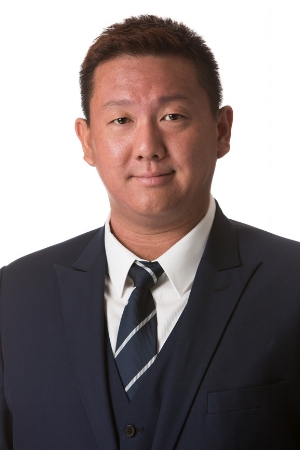Thoughts: Validating Medical Career Choices Through Impact
First published September 12, 2016
I was catching up with two medical friends yesterday over a traditional Melbourne brunch, and as you do over flat whites and mushroom burgers, we chatted about our careers and our dreams for the rest of the year and beyond.
One friend is launching an app, a new platform that could transform the future of hospital medicine, no hyperbole intended. Looking at the prototype, as a clinician, I was impressed. This person had taken the frustrations of staff across many hospitals, departments, training specialties (eg. Obstetrics and General Medicine junior doctors don’t often interact at work unless there’s a referral or they’re friends), locations, and years of operation, united those frustrations, and summarised them to create this product. I have met several others who have given up months and even years of college training time to devote themselves to their own solutions for higher-quality, high-efficiency healthcare, and the focus and determination they all demonstrate are incredibly inspiring. They don’t realise it, but they rejuvenate me, when I feel worried or anxious about my own work.
The other friend is getting their letters at the end of the year. He’d had startup aspirations for many years, but had shelved those aspirations to complete his training, and despite the long, arduous exams, he’d somehow managed to keep his other interests alive. He is still a fountain of ideas bubbling over today, and will no doubt do something incredible very soon.
Then there’s me. A very keen, slightly travel-weary but ever-inspired writer whose head simmers constantly with ideas on how to energise the medical system in Australia; how to learn from others’ experiences within and overseas; how to inspire students, junior and senior doctors and other healthcare professionals alike; how to connect with others who don’t normally interact day-to-day with our professions in hospital, bar multidisciplinary meetings; and most of all, how to celebrate the uniqueness and creativity that every single one of us exhibits when we apply ourselves to a self-made project aimed at a greater impact.
The three of us are happy because we’re each creating impact. The one who’s about to become a specialist, and who was the one who brought up this Impact concept, had to push aside his many ideas and that creative energy whilst knuckling down with training. The other friend and I had waited long enough- it’s an individual decision, and you know when you’re ready to take that leap.
I’m surrounded by inspiration and hope when talking to friends like these. People who can relate to thinking outside the box, and are driven by that internal fire for achieving greater impact than they could one-on-one with a patient, yet still value the sacredness of the clinician-patient interaction. (And when I say “clinician” or “healthcare professional,” I also mean physiotherapists- “physical therapists” in the States; occupational therapists; nurses; dietitians; dentists; and so forth.)
Yet, as I mentioned in my previous editorial, our conversations as healthcare workers are often restricted or self-censored as we fret over whether our projects will be recognised and validated by external medical training colleges; whether we are jeopardising our future careers by deviating from well-worn paths; and whether there will be anything external to show when we’ve given it that shot.
How can we become a more Impact-Driven profession?
We have to show that education is also about life experience and applying that experience to a greater cause. The trials of forming and running a startup or social impact project are like a real-life, practical exam.
And you fail instantly by not trying.
To make it easier for people transitioning from stable clinical job to startup or social impact project, the conversation has to start with you. We need to celebrate the individuality of healthcare professionals who value the interactions between clinician and patient (and their loved ones), and nourish that environment of creative thinking in medicine. And by creative, it can mean anything from brainstorming better patient flowcharts between hospital departments on a nursing unit whiteboard, to improvising novel bandages in a resource-poor setting when on a field trip or rescue mission with the Flying Doctors or other emergency services.
Or it can be through sharing stories, like me.
Would love to hear how you gain inspiration to continue your journeys when you feel discouraged, or how you rejuvenated yourself when you felt overwhelmed by opposition. feel free to share your comments below, tag us on Twitter @themedstartup, tag your photos on Instagram at @themedicalstartup, or send me an old-fashioned email via the Contactpage.
Enjoy your working day :)


